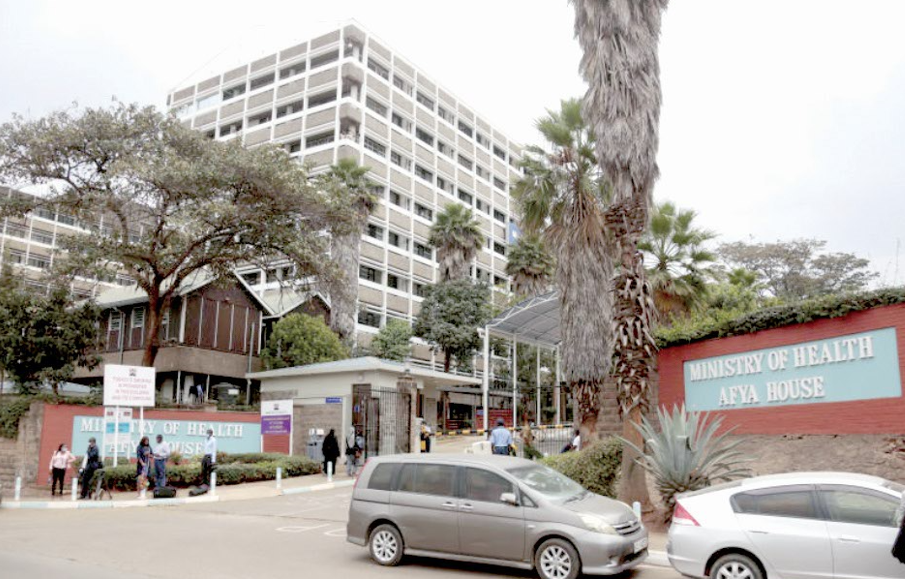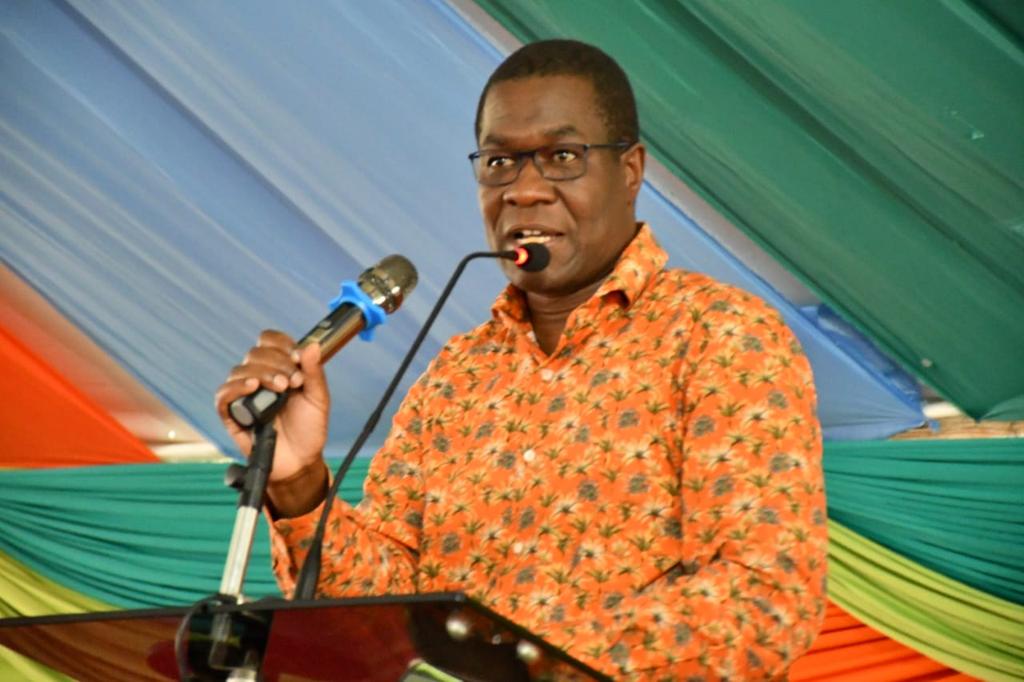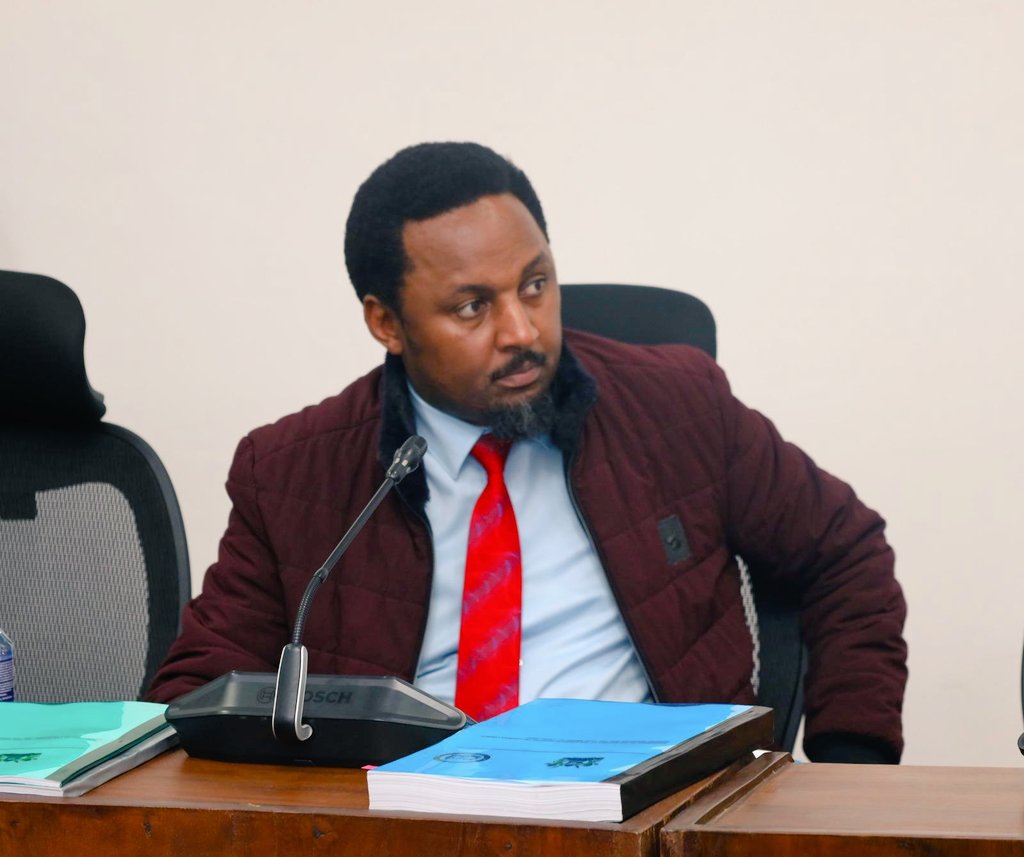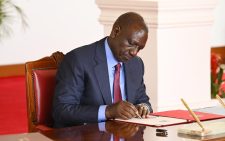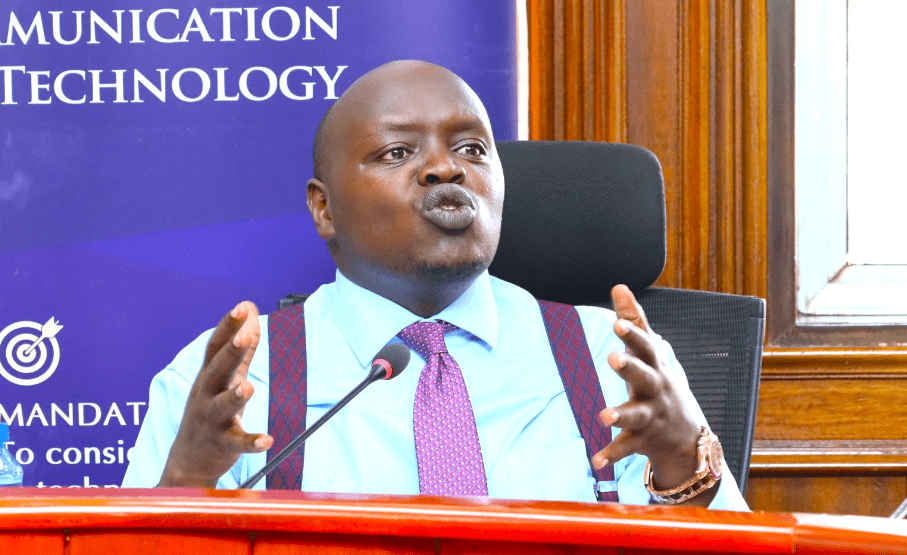Kenyan scientist on cutting edge of epic HIV research
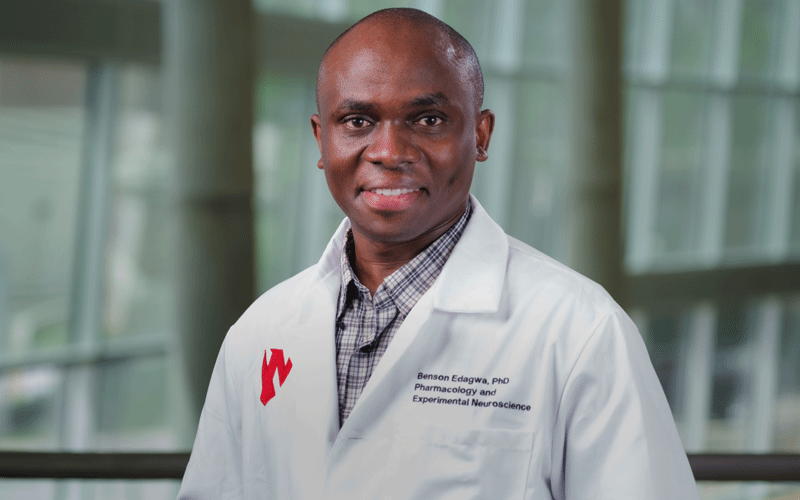
Prof Benson Edagwa has led a group of scientists at the University of Nebraska Medical Centre in the US to come up with a new HIV drug. He holds 13 patented inventions, and is also a listed inventor on 13 pending patent applications.
Harriet James @harriet86jim
Recently, a group of scientists at the University of Nebraska Medical Centre in the US discovered a novel anti-retroviral (ARV) drug to be taken only once a year.
The drug was created as a means to protect against HIV infection and can be taken by people already infected or those at risk of acquiring the virus. This is according to a study published in Nature Materials.
Leading this research, is 35-year-old Kenyan scientist, Prof Benson Edagwa, an assistant professor in the Department of Pharmacology and Experimental Neuroscience at the same university.
He is also the lead medicinal and formulation chemist on interdisciplinary collaborative research efforts towards development of better treatments against HIV and other chronic infections.
“Where ARVs are sometimes difficult to access in Africa, especially to people on low income, this means a lot to both those living with HIV and those at risk of being infected.
Think about a medicine that would prevent one from transmitting or acquiring HIV infection for up to a year.
That would be a major step in the fight against a disease that continues to kill many across Africa,” Prof Edagwa told People Plus in a phone interview.
Honours after hard work
The project took five years and Prof Edagwa is proud of the progress he has made with his research on HIV and possible ways to ease the burden of patients.
In addition, the team desired a drug where patients won’t have to remind themselves everyday that they have HIV, especially with the daily intake of the pill.
Healthcare providers too will be able to monitor and ensure that the medicine is taken as prescribed and consequently minimise chances of creating and spreading resistant virus strains.
This is not the only achievement under his belt in HIV research. In 2019, Prof Edagwa was named the Emerging Inventor of the Year where he works at the University of Nebraska Medical Centre. This is a highly regarded honour that the campus awards its innovators every year.
Together with his team, the game changing innovation dubbed, The Long-acting Slow Effective Release Antiretroviral Therapy (Laser Art) was introduced to the public in November 2017.
More recently this laser art would be combined with a gene-editing technology meant to eliminate HIV in mice. He currently holds 13 inventions, patented in the US and is also a listed inventor on 13 pending patent applications.
“HIV/Aids remains a major global health challenge, especially in Kenya where I was born and raised.
My experiences with patients living with HIV/Aids made me re-examine my career goals and sparked my strong interest in HIV therapeutics.
The promising breakthrough is the culmination of several years of research.
We are not at the finish line yet, the process of drug development from discovery takes several years,” he explains.
However, conducting the research was not a walk in the park. “When I started working on our team, my ideas were once rejected since I was proposing to do the opposite of what many had been doing in the field for decades.
I persisted and reduced them into experiments. To make the long story short, the ideas are now a foundation of our research programme and are a part of a first cure of HIV infection in an animal model of disease,” says Benson
Researcher moulded
Born and raised in Isitsi village, Sabatia constituency in Vihiga, Prof Edagwa never had the desire to be a scientist but a lawyer.
After sitting his Kenya Certificate of Primary Education in 1999, he joined Mbale High School, Vihiga as a day scholar.
His interest in medicinal chemistry began when he was an undergraduate student studying chemistry at Moi University, Chepkoilel Campus (currently University of Eldoret) in 2005.
Unfortunately, there was limited scientific research at local institutions.
Being among the top performers in campus gave him an advantage of being permitted to enroll into a Master’s programme four months prior to graduation.
When the father of two completed his Masters’ degree, one of his mentors, Prof Samuel Lutta, encouraged him to apply for a PhD programme that could expose him to cutting edge research projects.
“The professor introduced me to graduate programmes abroad and assisted me with the application process. He taught me during my final year of undergraduate studies.
There are major differences between US and our education programmes. The US offers high quality graduate level training to students that prepares them for life beyond college.
There is also a lot of investment in research in the US. We need to strengthen our programmes by encouraging collaborations and continue to invest in our institutions and faculty members who have done a great job with limited resources,” he says
He completed his PhD at Louisiana State University (LSU) in 2012, which was one of the significant turning points in his training.
Not only did LSU fund his PhD studies, but it also provided the opportunity to train in a collaborative multi-cultural environment.
Benson also admits to have enjoyed the state-of-the-art lab facilities and gifted faculty, engaged in cutting edge research.
Later on in 2012, he accepted a position at the University of Nebraska Medical Centre as a professor, where he supervises PhD medical doctors and pharmacologist students.
In addition, he is the lead medicinal as well as formulation chemist on efforts to make better treatments against HIV and other chronic infections at the University of Nebraska Medical Centre.
He desires for the government of Kenya to pour more resources into research and development and protect novel ideas before making them public.
“Through research findings and mentorship of students both locally and abroad, I also hope to partner with local research institutions with a focus on infectious diseases and other neglected tropical diseases,” he says in conclusion.
